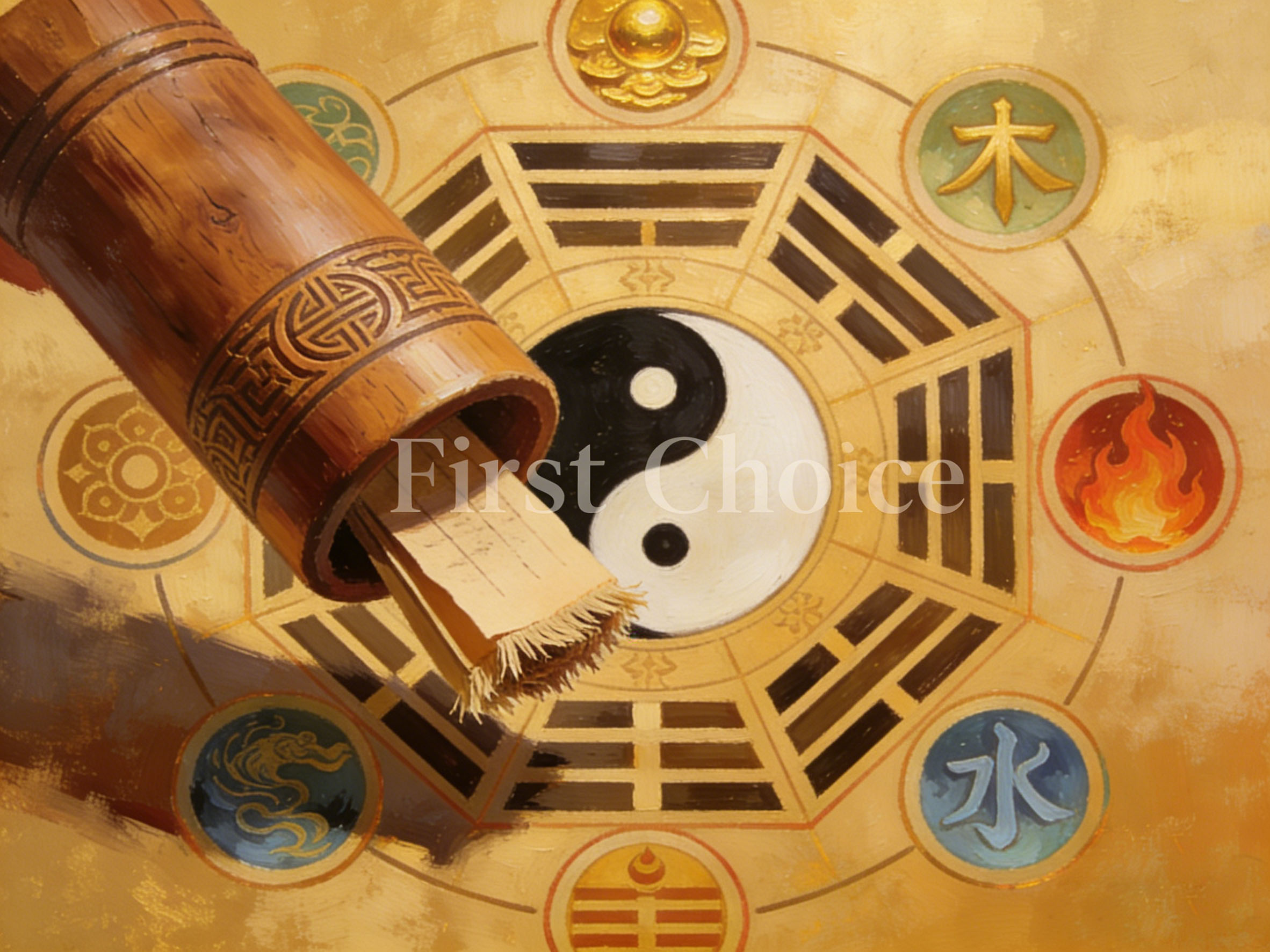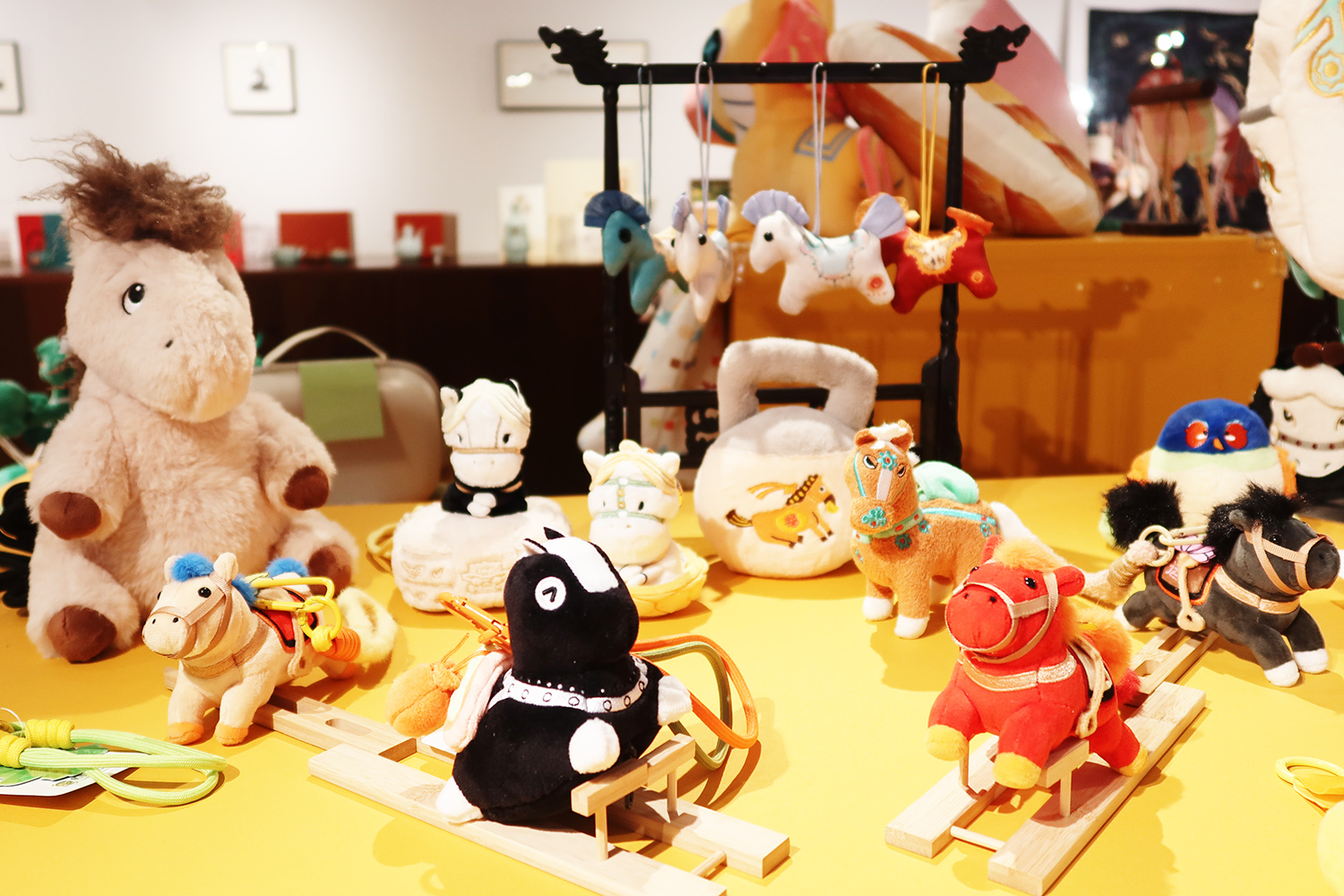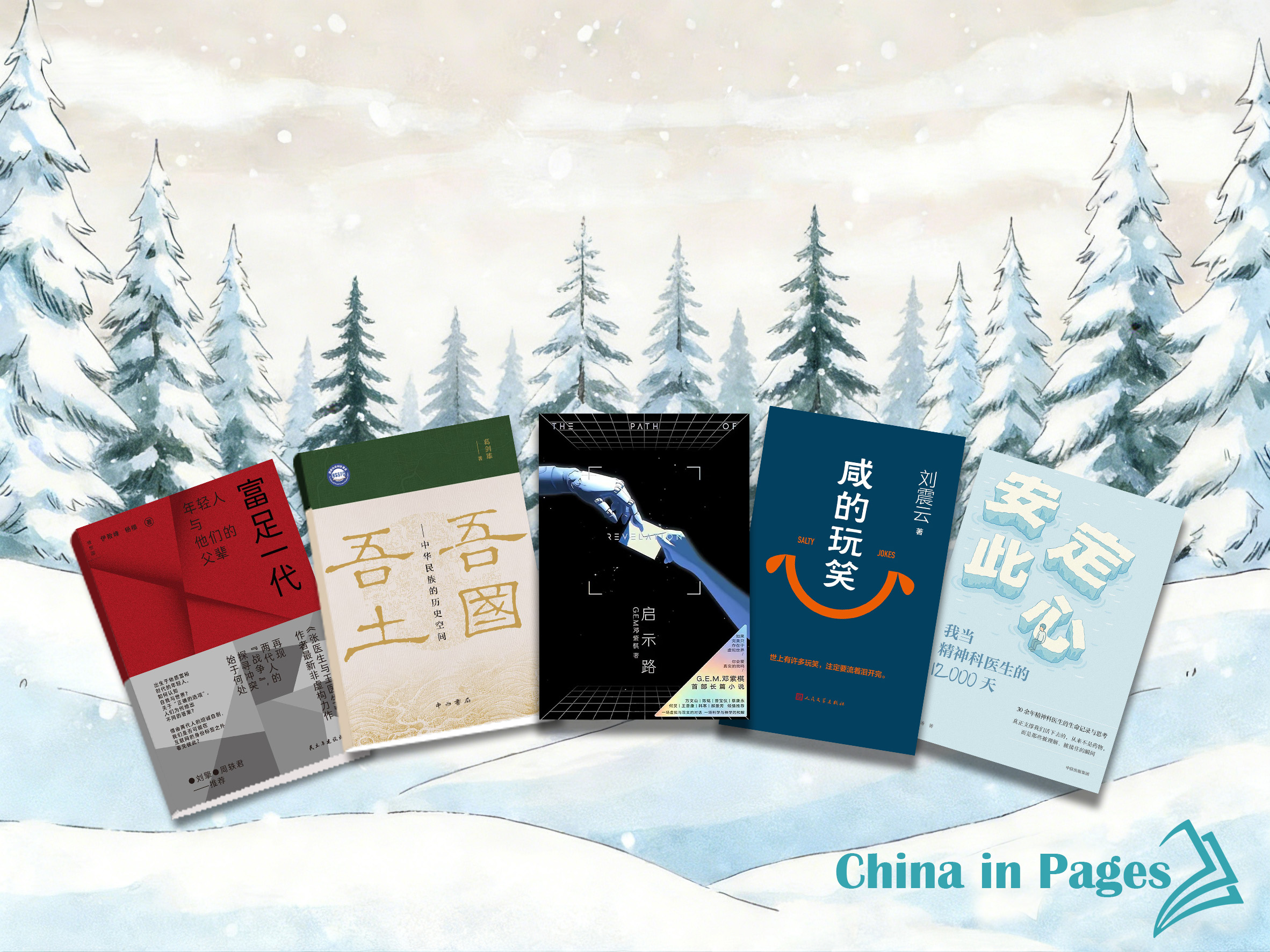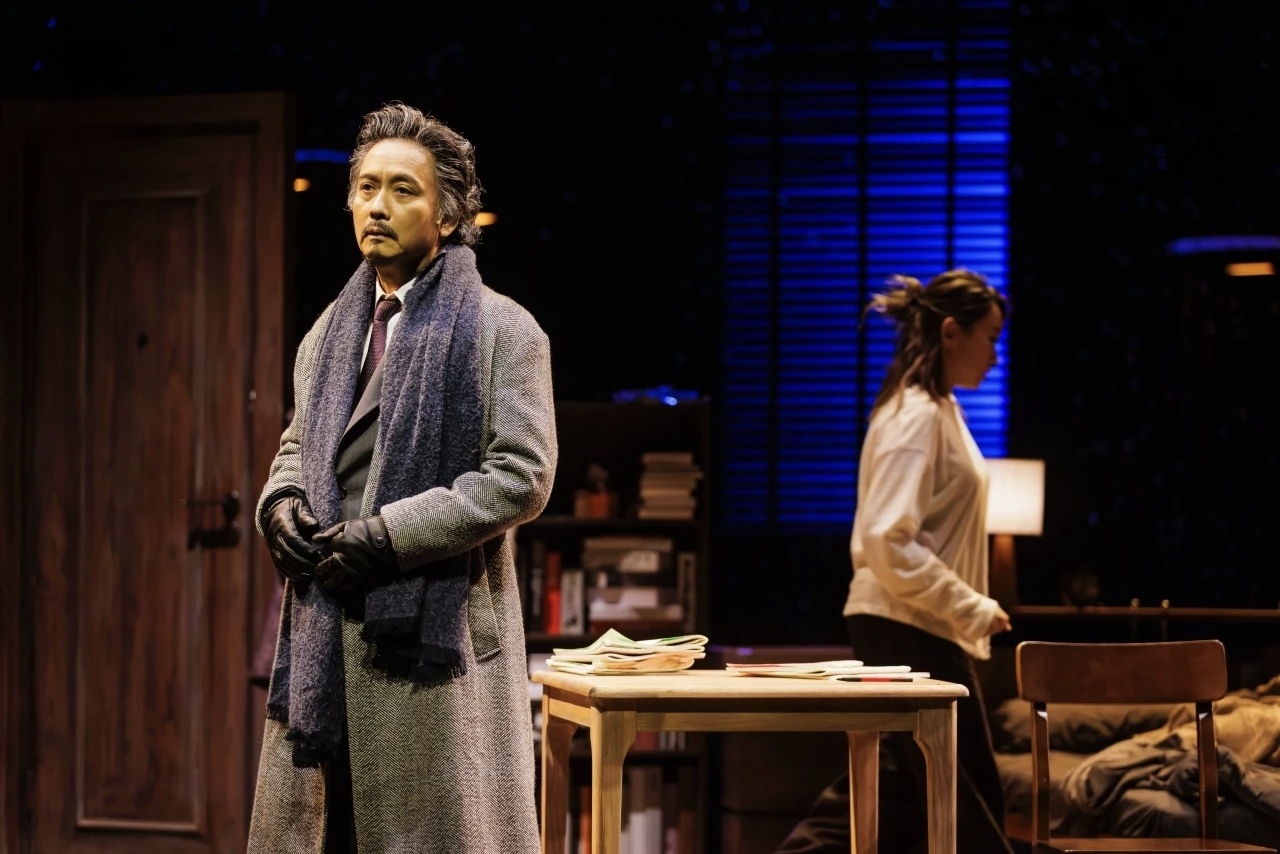Discover the “Her Story” UK-China creative dialogue at the 2025 Yuewen Creation Conference, where Chinese and British writers and curators explore women’s stories, female narratives, and cross-cultural storytelling in literature and digital publishing.
The Yuewen Creation Conference 2025 hosted a special forum exploring women’s stories and storytelling. As part of the event, Yuewen Group teamed up with the British Library for a UK-China creative dialogue titled “Her Story”. The forum brought together four distinguished female guests from China and the UK, including writer and cultural curator Bee Rowlatt, British Library curator Giulia Carla Rossi, Yuewen Platinum author Si Jin, and Yuewen top writer Dong Wuyuan. Together, they discussed the art of female narratives across cultures.

A Cultural Collaboration Across Borders
In November 2024, Yuewen Group and the British Library launched a three-year project called “Literature in the Digital Age”, aimed at promoting UK-China cultural exchange. As part of this collaboration, 26 web novels from Yuewen, including Joy of Life (庆余年), Lord of the Mysteries(诡秘之主), Jun Jiuling(君九龄), and Mu Nan Zhi(慕南枝), were added to the British Library’s collection.
Giulia Carla Rossi, Digital Curator for Contemporary Collections at the British Library, explained the significance of this collaboration: “As one of the world’s largest research libraries, the British Library strives to collect and preserve digital publications from around the globe.”
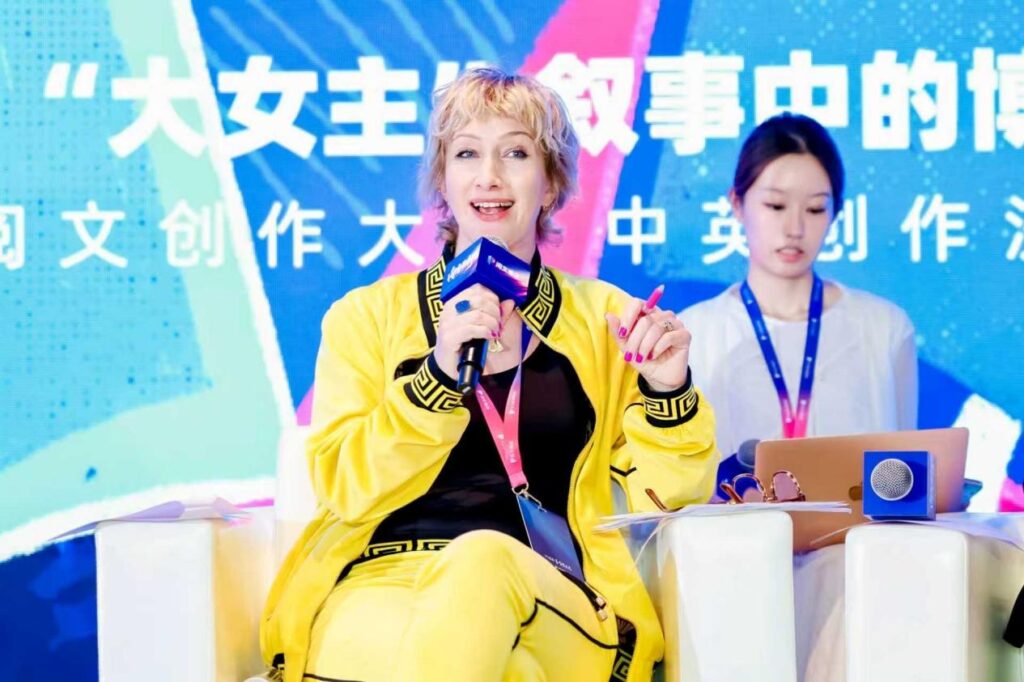
Breaking Narrative Traps: Female Characters in Focus
The forum opened with an engaging exercise. Participants discussed how characters navigate situations such as arranged marriages, societal biases in love, and career challenges. This sparked a conversation about how women’s narratives are framed differently in Eastern and Western storytelling.
Bee Rowlatt, a writer and cultural curator known for the BBC documentary Jane Austen: Rise of a Genius, highlighted a common narrative trap: pitting women against each other. In English, this is often called a “catfight,” while in Chinese, it is referred to as “雌竞” (female rivalry). She emphasised that this focus ignores the real conflict—tensions between family expectations and societal pressures. “Today, portraying solidarity among women is crucial,” she said.
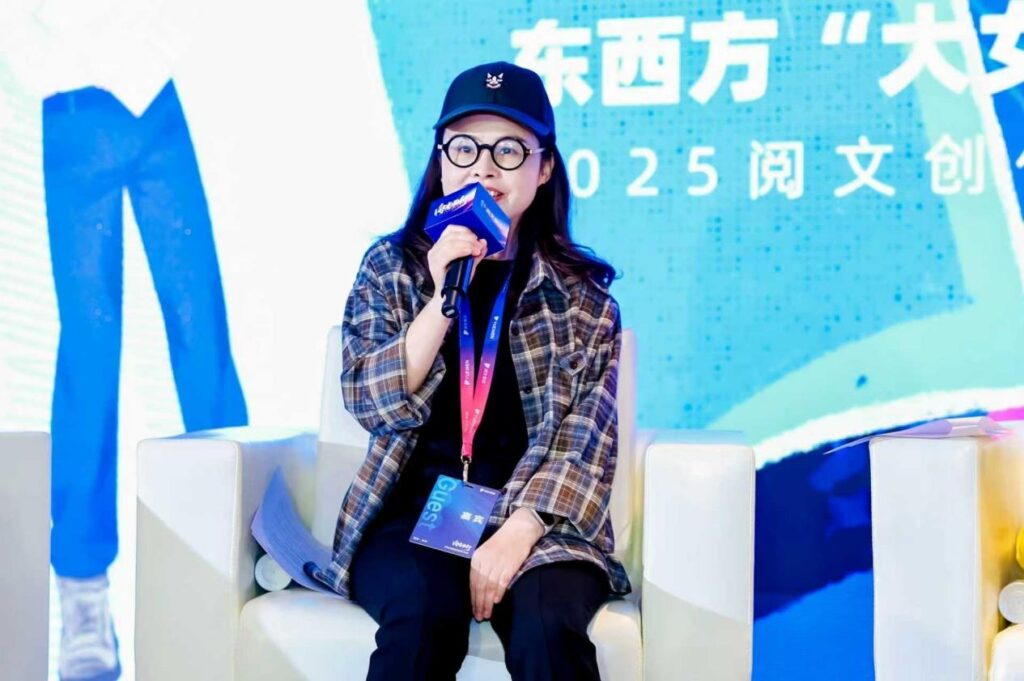
Rules, Rebellion, and Character Growth
The discussion then shifted to how female characters engage with societal rules. This year marks the 250th anniversary of Jane Austen’s birth. The forum displayed a first edition of Sense and Sensibility, which credits the author simply as “A Lady.”
Giulia highlighted how Austen navigated societal prejudices: “In her time, women were often discouraged from writing novels. Austen published anonymously but emphasised her gender, challenging bias and proving that women could be successful authors.”
Si Jin, a Chinese writer specialising in historical fiction, prefers working within the rules rather than outright defying them. “I strengthen societal constraints in my stories to create pressure for my characters. My heroines gradually find keys to unlock their freedom. I believe this approach feels more authentic than creating a character who immediately defies all rules.”
In contrast, Dong Wuyuan encourages characters to understand the rules first, then choose whether to follow them. “Whether a character rebels or navigates the rules, the key is that their actions align with their personal arc. This makes their journey convincing.”
What Today’s Readers Want
The forum also explored current reader preferences. Si Jin noted that growth-oriented, companionable characters create an emotional connection with readers, leaving a lasting impression and strong commercial appeal.
Dong Wuyuan observed subtle market trends: growth-oriented female protagonists often make mistakes, and readers follow them through consequences. However, today’s audiences also seek emotional satisfaction and a sense of achievement. “If a character’s challenges match her growth, turning it into a rewarding journey, readers will embrace it.”
Reimagining Classics and Amplifying Women’s Voices
Giulia shared how the British Library develops Austen’s works in multiple formats—films, TV dramas, documentaries, and interactive narratives—to engage younger generations. These insights offer valuable references for developing Chinese intellectual property (IP) for international audiences.
The forum concluded with a shared understanding: honest expression is the best way for women and female creators to be seen and heard. The participants also called for more industry discussions centred on women, supporting the global dissemination of women’s stories and voices.
If you like this article, why not read: Rethinking Tools, Community, and Cultural Infrastructure in the Age of AI





